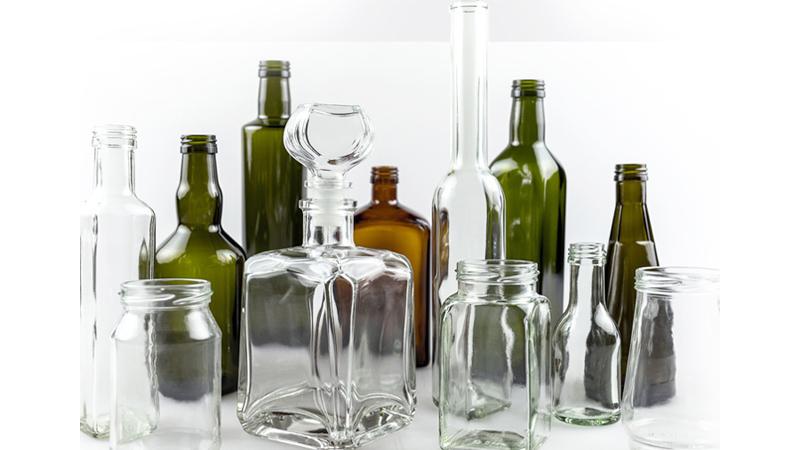
The country’s ceramics and glassware industry with an annual turnover of Rs. 50 billion, has the potential to grow with investments and by enhancing value addition, Executive Director and Chief Executive Officer, Piramal Glass, Sanjay Tiwari said.
However, the industry is faced with a few concerns such as the dumping of low quality products from countries such as Indonesia, China and India. Though, there is overall growth in the industry, the number of local tile companies has come down to 200 from 500. There is no authority or government body to ensure that the industry’s contribution to the economy continues and improves, he said.
“It is important to create a level playing field to enable the domestic industry to be competitive. Due to low quality, low cost imported products entering the local market, consumers find it difficult to resist these products.
However, when it comes to product lifespan they realise that their choice was wrong,” he said.
The reduction of cess on imported products such as sanitaryware and tiles was a big blow to the local industry and the removal of products from the negative list further added to this. There is no encouragement for investment in capacity enhancement which is necessary for the industry to grow. The high rate of corporate income tax on export profits is also a drawback for industrialists.
The ceramics and glassware industry generates an export income of Rs. 10 billion, while it has an investment of Rs. 100 billion at present with the potential to grow further. The industry has provided 30,000 direct employment opportunities and 50,000 indirect jobs where many industries benefit.
Among the major concerns of the industry are the mining issue which hampers the sourcing of raw material as over 15 government agencies need to be contacted to obtain approvals. High energy costs also impact production cost and this has resulted in negative competitiveness in the local and international markets, Tiwari said. “Industrialists seek government intervention for investments in modern technology to take this economically important industry forward and expect financial encouragement by way of low cost funding. They are also concerned regarding the export of some valuable raw materials without value addition which could fetch a good price in the global market. We need to concentrate on low volume, high-end products focusing on niche markets to become a more vibrant industry,” he said.
Among our suggestions to the government are to introduce a formula pricing for furnace oil linked to world crude oil prices, addition of items in the negative list to protect investments and employment opportunities, regulations for product registration based on quality, tax on profits on exports to be reduced to previous levels, increase in cess on sanitaryware and tiles, regular consultation with the Council to develop the industry and wheeling of power regulations, he said.
“We need regulations for legal clay and silica mining and a ban on export of natural resources such as minerals and valuable waste. The introduction of a proper system to use the ample silica deposits in Iranawila is vital. It is necessary to introduce a systemic way to use silt deposits in tanks and reservoirs. We also request the government to use red clay bricks and tiles for government funded housing projects to encourage industrialists, he said.
